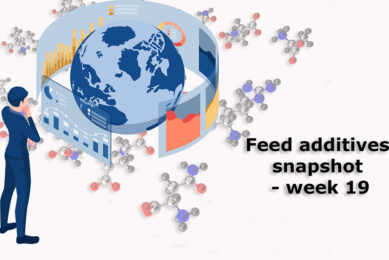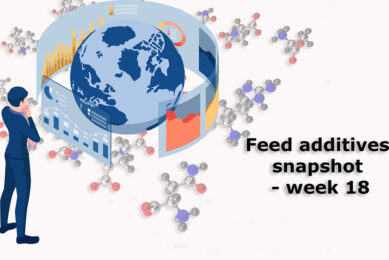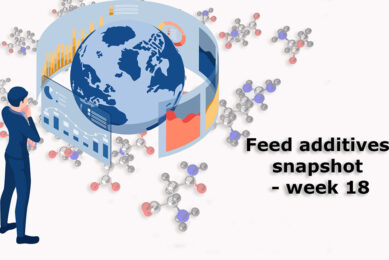Argentina farms focus on feeding the nation

According to the president of the Argentinean agriculture trade office ONCCA the Argentine government’s policy toward the farm sector will remain focused on ensuring domestic supply, stimulating local processing of goods and export of excess supplies.
ONCCA, led by Ricardo Echegaray’s is responsible for controlling agricultural
exports from Argentina, one of the world’s top exporters of grains and beef. To
protect local consumers from the soaring international food prices he has
tightly regulated the trade over the past year to ensure domestic
supply.
The agency has a mandate to implement “measures to continue
production, ensure domestic supply and then afterwards to provide exports
without negatively affecting either prices or volumes in the domestic market.
Because of the policies, ONCCA is not very popular with the farmers, who
launched a series of strikes over a four month period this year to protest
export taxes and controls imposed by the government.
Farmers argue that
the measures drive down the domestic price of grains and other farm goods,
imposing an unfair burden on the sector.
Adding value
Echegaray
was not impressed by the protests and made it clear that the priority for farm
policy will continue to be ensuring domestic supply and then focusing on adding
value to the excess goods cleared for export. Argentina is aiming to move from
being a top exporter of raw grain to a major supplier of finished foods,
Echegaray said. “We don’t want to be the world’s granary, but rather the world’s
exporter of foods,” he said.
Argentina plans to face this crisis in a
different way…by ensuring supplies for industry – to the millers and oilseed
crushers,” Echegaray said. “Rather than selling wheat, we want to sell flour,
rather than exporting soybeans, we want to sell processed soybean
products…[rather than exporting maize] we want to make maize meal and oil and
above all animal feed to turn that maize into meat,” he
said.
Subsidies to compensate
To that end the government has
been paying steep subsidies to domestic users of grain, such as dairy, poultry,
pork and beef producers, over the past year to compensate for high international
grain prices. However, with international maize and other grain values down more
than 50% from their peaks this year, prices have fallen below the cut-off level
for subsidies.
Join 26,000+ subscribers
Subscribe to our newsletter to stay updated about all the need-to-know content in the feed sector, three times a week. Beheer
Beheer








 WP Admin
WP Admin  Bewerk bericht
Bewerk bericht